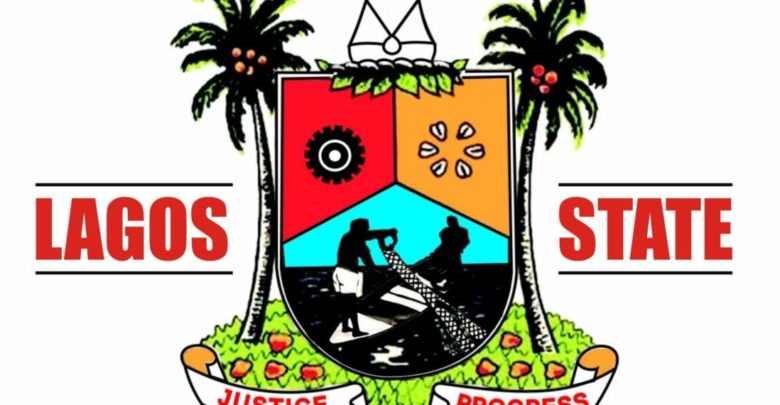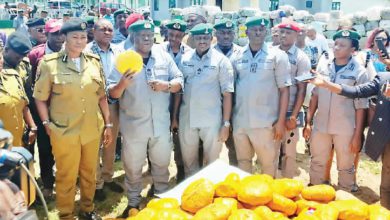
Lagos moves to boost agric
- Lagos’ agriculture and overall food systems are at a turning point. While having a strong track record and ample opportunities for future growth, the sector faces major demographic and economic challenges.
Lagos’ agriculture and overall food systems are at a turning point. While having a strong track record and ample opportunities for future growth, the sector faces major demographic and economic challenges.
To reverse this, the state government has taken steps to improve supply, quality, and food safety with added value. It has outlined an agenda of short- and longer-term to strengthen public and market institutions needed to achieve the goals for agriculture and overall food system growth.
The government is promoting food processing in rural economy to create jobs. This is by encouraging entrepreneurs to set up units in food processing, dairy, poultry and fisheries.
At the Lagos Farm Fair, organised by the state, in partnership with British American Tobacco Nigeria (BATN) Foundation, at the Police College Ground, Ikeja, Governor Babajide Sanwo-Olu said Lagos was one of the participating states in the World Bank-Assisted Agro-Processing, Agricultural Productivity Enhancement and Livelihood Improvement Support (APPEALS) Project, aimed at enhancing the productivity of small and medium scale farmers and improving value addition along priority value chains.
The selected value chains for the state, which aligned with its comparative advantage in agriculture are poultry, rice and aquaculture. The APPEALS project, implemented through the Federal Ministry of Agriculture and Rural Development in the six participating states of Cross River, Enugu, Kaduna, Kano, Kogi and Lagos, is a six-year project expected to run between 2017 and 2023.
For Lagos, the goal is to help youths and women in rural households shift to a new generation of economic initiatives by developing viable enterprises for farm products.
It aims to alleviate rural poverty and create sustainable livelihoods in rural communities by promoting sustainable community-based institutions which will facilitate economic and financial services for the rural poor.
Represented by the Secretary to the State Government, Mrs. Folasade Jaji, the governor said the project is also collaborating with Africa Rice for the development of pure ofada rice strain, capacity building for seed out growers and rice-based products and as such no fewer than 35 farmers and state officers had been trained while the institute is expected to supply 200kg of foundation ofada seed by February 2020 for cultivation.
He noted that a key component in the food security programme of the state is the 32 metric tons per hour capacity Integrated Rice Mill in Imota, which is expected to be completed and inaugurated in the next seven months.
BATN Foundation Executive Director, Abimbola Okoya, said through its partnership with the Lagos, the foundation intends to use the fair to provide a platform to expose farmers to more opportunities as well as enable the public access fresh and organic farm produce.
“Since its inception in 2002, the foundation has invested about N1.5 billion in supporting federal and state governments as well as over 36,000 rural farmers in the production of crops like cassava, rice and maize and in aquaculture and livestock, with the hope of reaching a target of 62,000 farmers in 2022,” she said.
A Technical Committee Member, BATNF, Mr. Fatai Afolabi, who disclosed that in the second quarter (Q2) of 2019, Gross Domestic Product (GDP) from the sector rose from N3.5million in the Q1 to over N3.8million, added that the sector is capable of contributing more if farm produce can get to consumers regularly.
“We all appreciate that no matter how fantastic a product is if it does not get to its end-users at the appropriate time, that product will rot away in storage. This prompted our collaboration with the state government and other sponsors for this fair. We have always identified with smallholder farmers and we will continue to do all we can to promote agricultural enterprise by encouraging a commercial mindset in subsistence farmers and support them to run their farms as sustainable agribusinesses,” Afolabi said.



